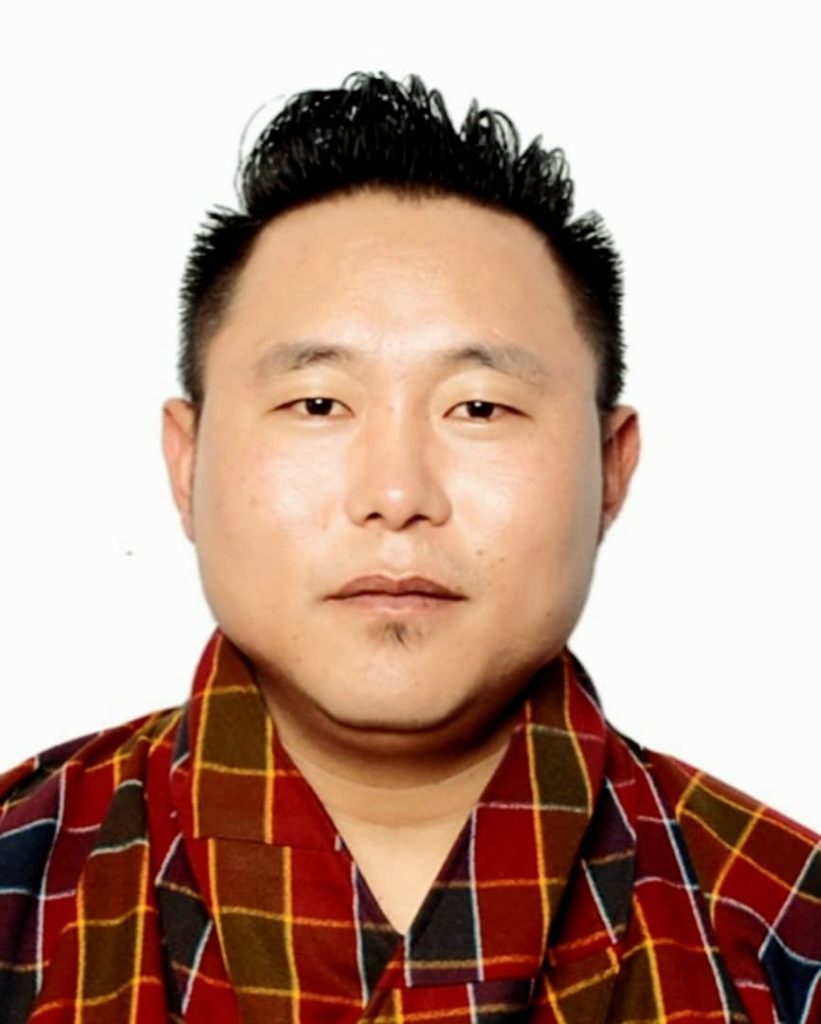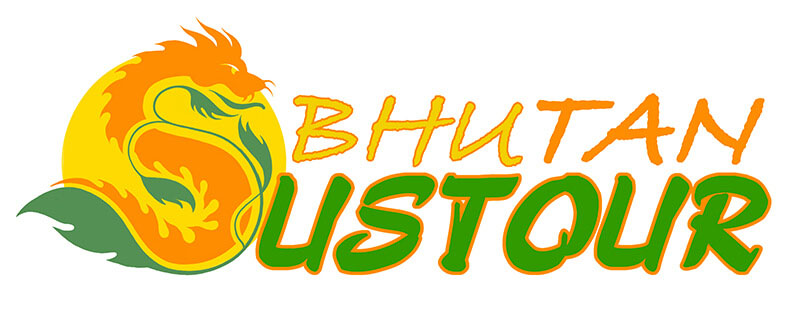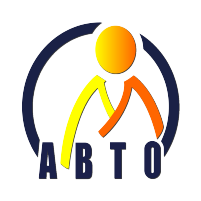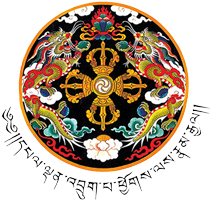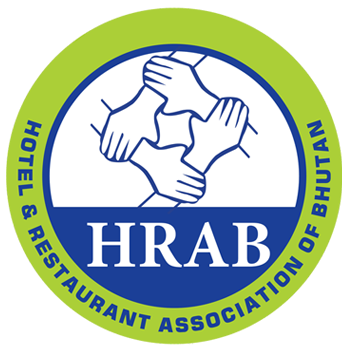Travel Desk
Are you a...?
tourism entrepreneur, sustainability professional, destination manager, tourism developer, or part of a capacity-building organization? Then this forum is made for you — don’t miss out!
About Bhutan
Diversity + unity
A rich tapestry of ethnicities, all proudly Bhutanese.
You’ll meet Tshanglas in the east, Ngalops in the west and Lhotshampas in the fertile foothills of the south, as well as Bumthaps and Khengpas, Brokpas and Bramis, Kurtoeps, Doyas and Monpas. Nineteen languages are spoken here, including English – the language used in the Bhutanese school system. Our peaceable Buddhist nation embodies deeply ingrained values: compassion, inclusivity and hospitality.
Monarchy + Democracy
Uniquely independent and determinedly democratic.
Although our land has been inhabited for thousands of years, our nationhood is relatively recent. We are always evolving: our country was unified four centuries ago, our monarchy is 100 years old and our democracy 14. We have always been proudly independent, committed to the development of our nation and our people, and a friend to the world.
Creativity + tradition
From rural homes to restaurants, Bhutan is full of flavour.
Hospitality and food are inextricably linked here. Whether in the remotest valley or the chicest restaurant, many of the same ingredients are used to conjure astonishingly diverse creations: cheeses of yak or cow milk, red rice, butter, buckwheat and always, always chillies. Chillies of every possible type and permutation – red or green, dried, in pastes or sambals – are the nation’s favourite vegetable, making our warm welcome a literal one.
Adventure + well-being
Soothe your spirit or test your mettle – or both.
Bhutan offers thrillingly contrasting experiences for body and soul, often simultaneously. Strenuous climbs or sound healing, white-water rafting or hot-stone bathing, mountain biking or meditation – the choices are as varied as the terrain, and as certain to salve spirits and promote relaxation.
Town + Country
Alongside culture-packed cities, rural life quietly unfolds.
The streets of Thimphu, Paro and Phuentsholing bustle with locals working and socialising, and guests exploring markets and museums. Meanwhile, in tranquil valleys and on vertiginous hillsides, people churn milk into butter, gather wild greens from the forest, and chat over suja, or butter tea. There’s a pace – and a place – for everyone.
Peaks + Plains
An unrivalled variety of landscapes and life.
Given Bhutan’s lowland valleys and snow-capped peaks that easily reach 7,000m above sea level, it’s possible to pass through several climates in a day. There are lush, subtropical dells, pine-forested hillsides and mountain glaciers – and at every elevation, the landscape teems with wildlife. With more than 70% of our territory swathed in pristine woodland, biodiversity thrives here. This is nature at its wildest.
Archers + Artists
Meet masters of contemporary culture and ancient art forms.
Over centuries of seclusion, we developed unique cultural pursuits that continue to evolve today – like archery or da, the national sport and the focus of regular, raucous (and highly competitive) tournaments. Thirteen protected arts and crafts – zorig chusum – from ceramics to blacksmithing, and sculpture to carpentry, have been passed down. This vibrant legacy has created a culture that’s tangible everywhere from the humblest home to the most important dzong. Young artists develop contemporary works at not-for-profit arts organisation Voluntary Artists Studio, Thimphu (VAST), while classically trained weavers collaborate with emerging designers.
About Venue
The Dungkar Dzong in Pangbisa, Paro, is more than an architectural masterpiece—it is a vibrant center for gathering, discourse, and dialogue, designed to foster meaningful connections and innovative ideas. Inspired by the visionary leadership of His Majesty The King, this iconic structure seamlessly blends Bhutan’s rich cultural heritage with modern amenities, creating a unique space for national and international engagement. The dzong’s state-of-the-art conference wing has already hosted significant events, including the Sustainable Finance for Tiger Landscapes Conference in Bhutan, with the goal of mobilizing an additional $1 billion over ten years to preserve tiger landscapes and the inaugural Bhutan Innovation Forum, which brought together noble laureates, thought leaders, innovators, and changemakers to explore solutions for a rapidly evolving world. With its stunning setting against the backdrop of the Himalayas, the Dungkar Dzong is poised to become a global hub for dialogue, collaboration, and the exchange of ideas.
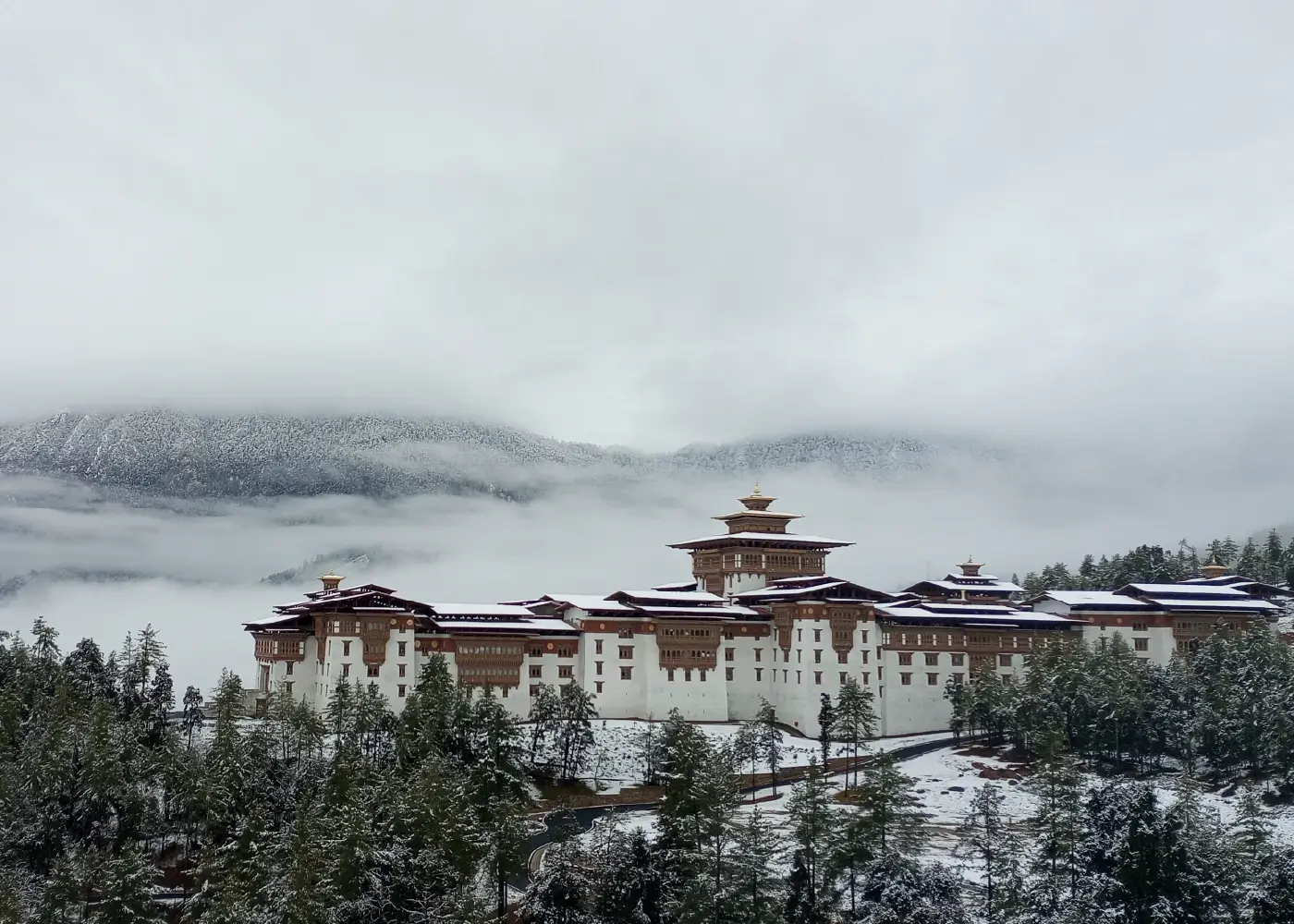
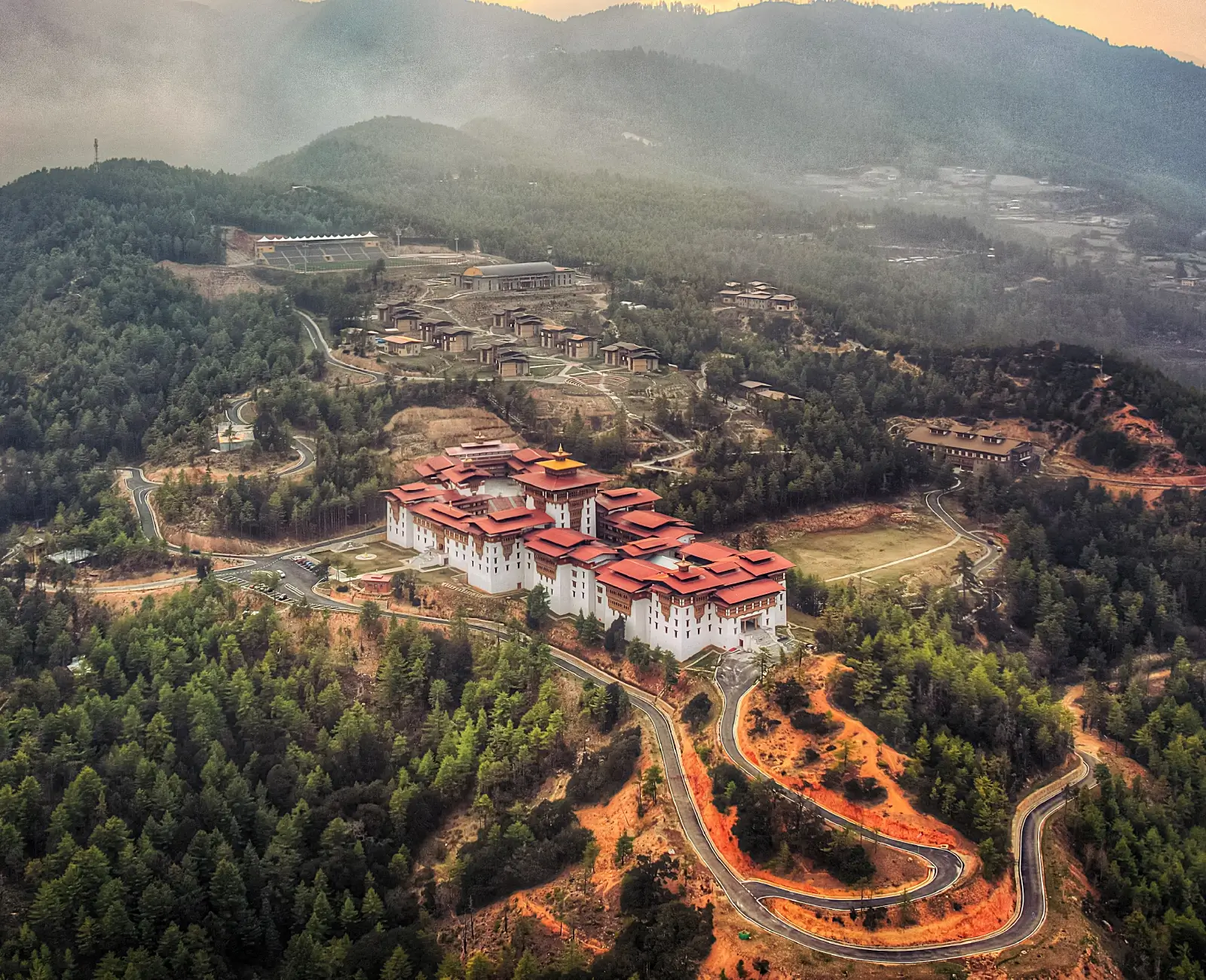
As a venue, the Dungkar Dzong represents Bhutan’s commitment to bridging tradition and progress. Its design, which combines traditional craftsmanship with modern technology, reflects the nation’s ability to honor its past while embracing the future. The dzong’s facilities, including spacious courtyards, temples, and recreational spaces, provide an inspiring environment for conferences, cultural exchanges, and community gatherings. By hosting events like the Sustainable Finance for Tiger Landscapes Conference and Bhutan Innovation Forum, the Dungkar Dzong is not only preserving Bhutan’s unique identity but also positioning the country as a leader in global discourse. This transformative space is a testament to Bhutan’s vision of creating a harmonious and forward-thinking society, rooted in its values yet open to the world.
Partner Hotel
Zhiwaling Heritage
- www.zhiwalingheritage.com
- reservation@zhiwaling.com
- +975 08 271277
Le Meridien, Paro
Gawaling Hotel
- www.gawalinghotel.com
- gawalinghotel1@gmail.com
- 08-276-588 / +975 17170768
Dema Resort
- www.demaresort.com
- demaresort25@gmail.com
- +975 17 440 337
Rema Resort
- www.remaresort.com
- gm@remaresort.com
- +975 77104065
Dungkar Dzong
The Seva Hotel
- www.thesevahotelbhutan.com
- info@thesevahotelbhutan.com
- thesevahotelbhutan@gmail.com
- (+975) 17175050 / 17176060
